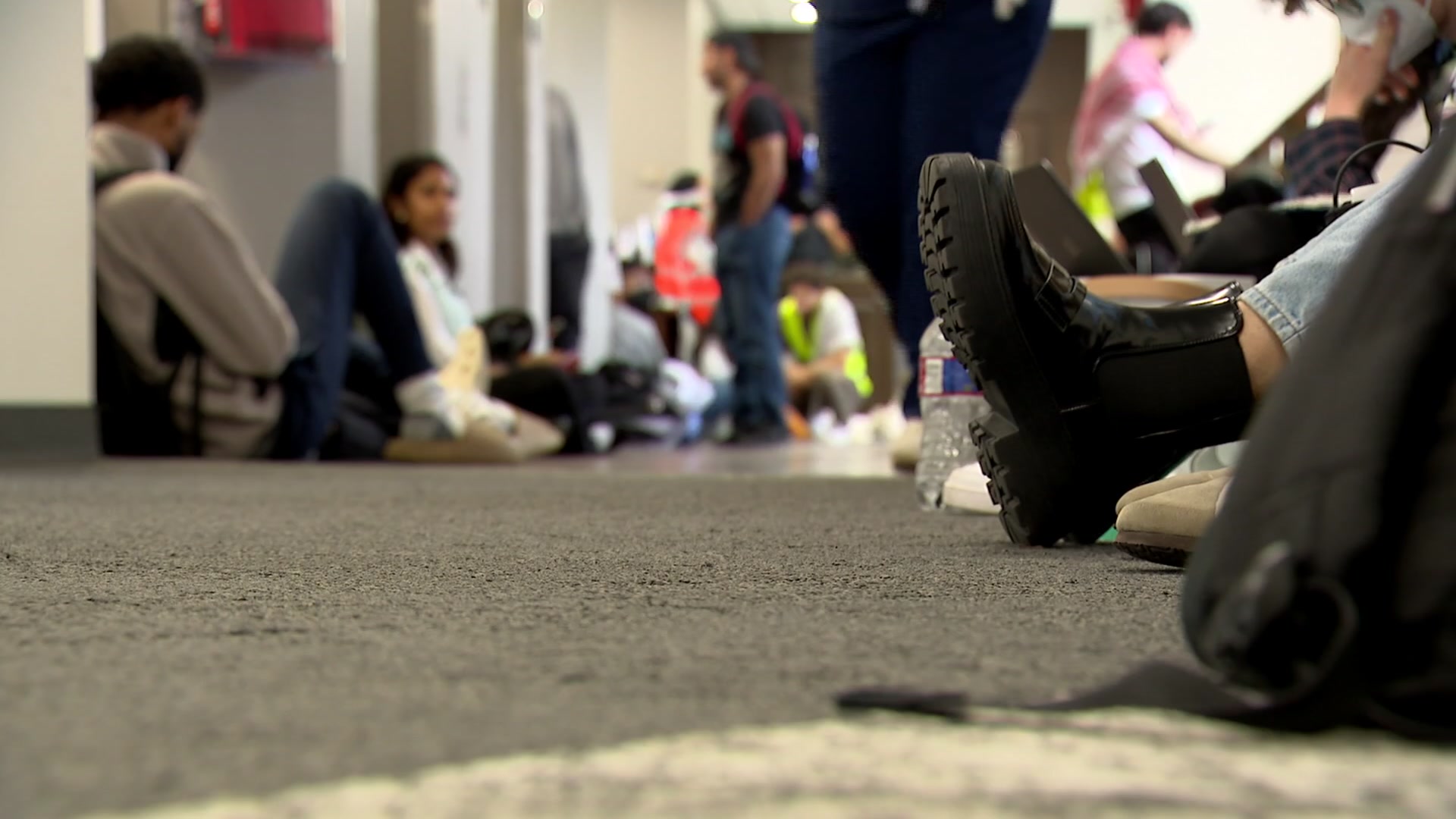Even with the statewide moratorium on most evictions lifted, the largest association of apartment and rental homeowners is advising its membership to avoid putting people who are unable to pay their rent out on the street.
“Our members are not interested in pursuing evictions at this point in time,” said Ian Mattingly, president-elect of the Apartment Association of Greater Dallas. “That is always a last resort, and certainly even more so in these times.”
Mattingly said the AAGD has encouraged its members to waive late fees, work out payment plans, and take other actions to help keep residents in their homes.
“We are encouraging all of our residents who can make some kind of payment, even if it is just a partial payment, to do so. And we are also encouraging our members who would ordinarily not accept partial payments to reconsider that, and most of our members have stepped up,” Mattingly said.
In Dallas County, the commissioners court has ordered that there will be no new eviction hearings for failure to pay rent until June 15, unless that case was filed by March 27.
In addition, the City of Dallas city council members passed an ordinance that would suspend Justices of the Peace from holding new eviction hearings and writs of possession for 60 days from April 8.
Local
The latest news from around North Texas.
A representative of the Texas Tenants’ Union, which helps renters find solutions and work with property managers, said she is fearful that many landlords will not provide much slack to people who cannot pay, even during the pandemic.
“I think there will be homelessness threatening a lot of people,” said Yasmin Thomas. “They cannot go anywhere else. They have a lack of funds. They have a lack of employment. If they’ve been given notice to vacate for failure to pay, if they don’t have a safety net, the shelters will be inundated.”
*Map locations are approximate, central locations for the city and are not meant to indicate where actual infected people live.



